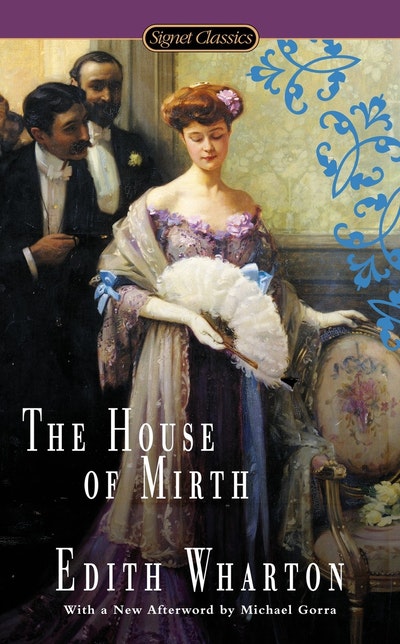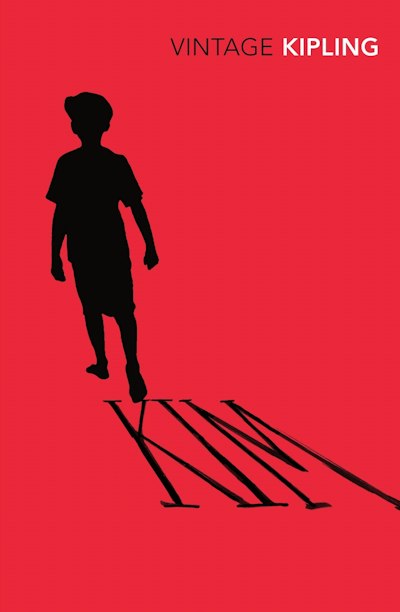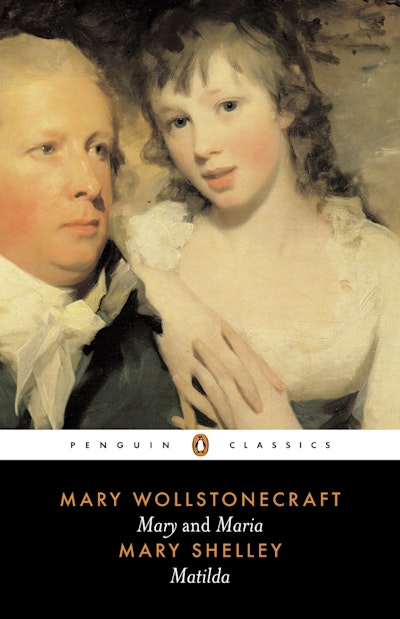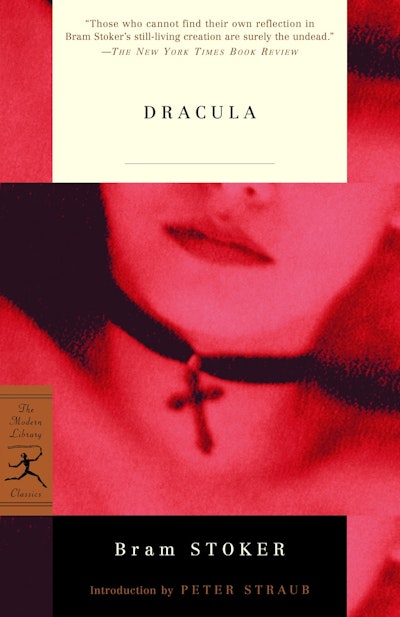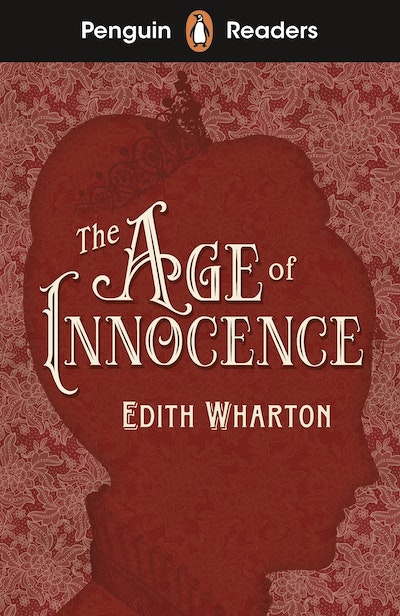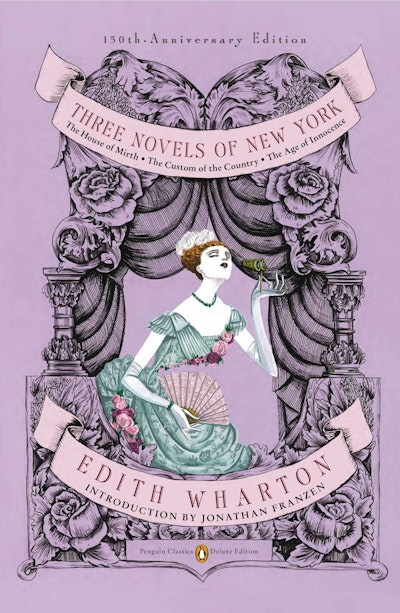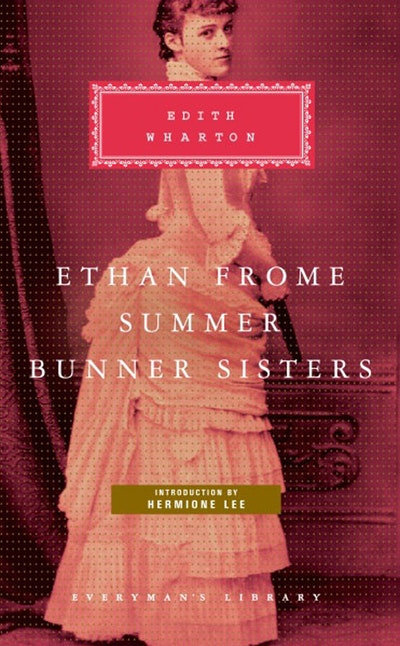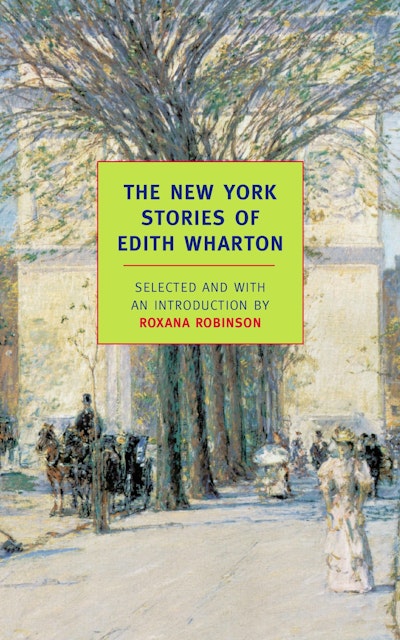- Published: 4 January 2016
- ISBN: 9780451474308
- Imprint: Signet
- Format: Paperback
- Pages: 368
- RRP: $17.99
The House of Mirth
Edith Wharton's celebrated novel of manners, now with a new afterword.
Edith Wharton's classic novel, The House of Mirth, is a brillaint exposé of the pretense and greed of fashionable New York Society.
In The House of Mirth, which helped to establish Edith Wharton’s literary reputation, she honed her acerbic style and discovered her defining subject: the fashionable New York society in which she had been raised and that held the power to debase both people and ideals. In this devastatingly accurate and finely wrought tale, Lily Bart, the poor relation of a wealthy woman, is beautiful, intelligent, and hopelessly addicted to the moneyed world of luxury and grace. But her good taste and moral sensibility render her unfit for survival in a vulgar society whose glittering social edifice is based on a foundation of pure greed. A brilliant portrayal of both human frailty and nobility, and a bitter attack on false social values, The House of Mirth has been hailed by Louis Auchincloss as “uniquely authentic among American novels of manners.”
With an Introduction by Anna Quindlen
and an Afterword by Michael Gorra
- Published: 4 January 2016
- ISBN: 9780451474308
- Imprint: Signet
- Format: Paperback
- Pages: 368
- RRP: $17.99
